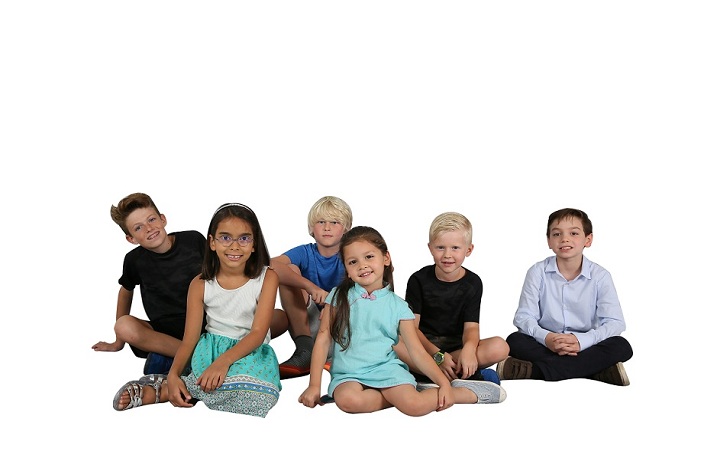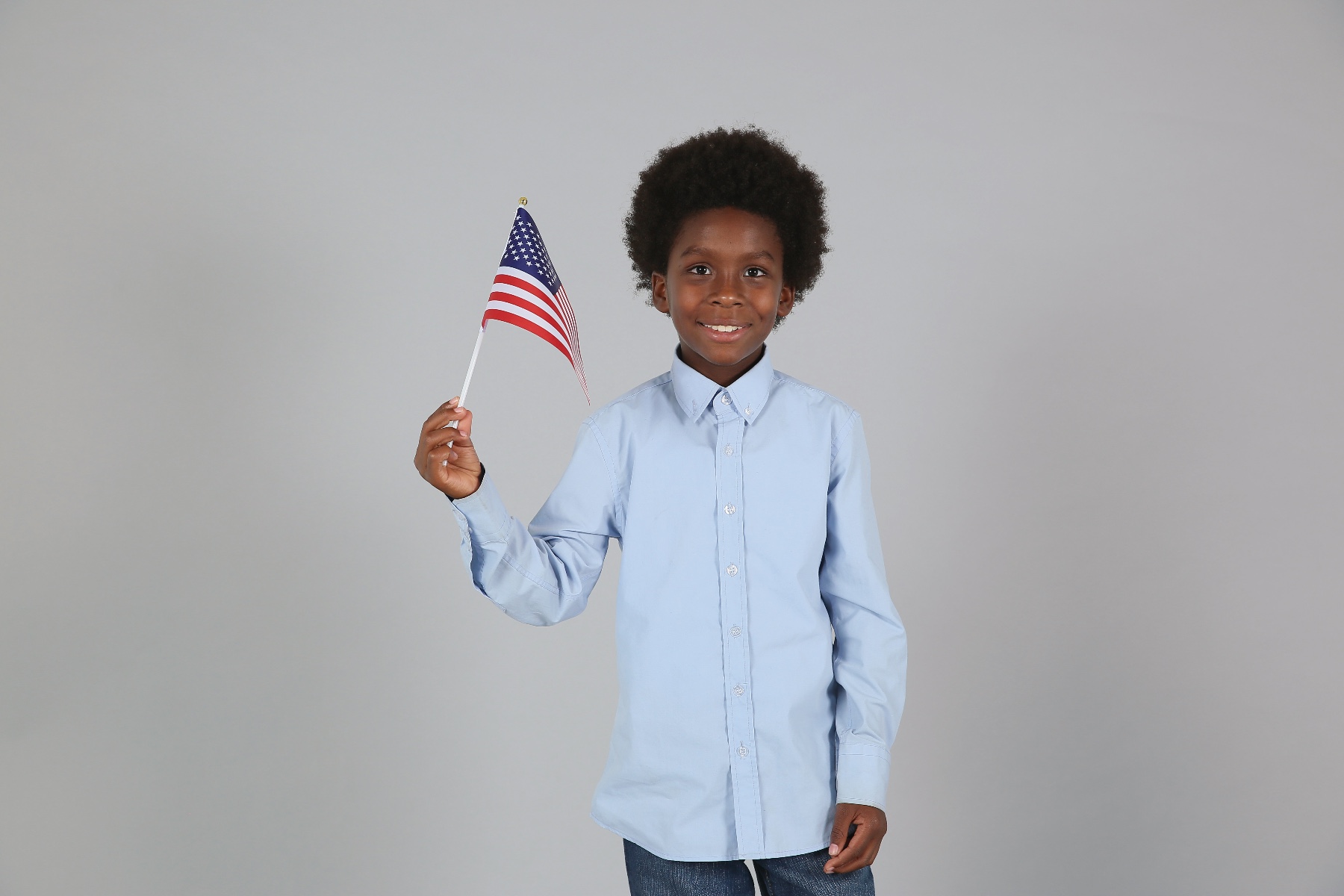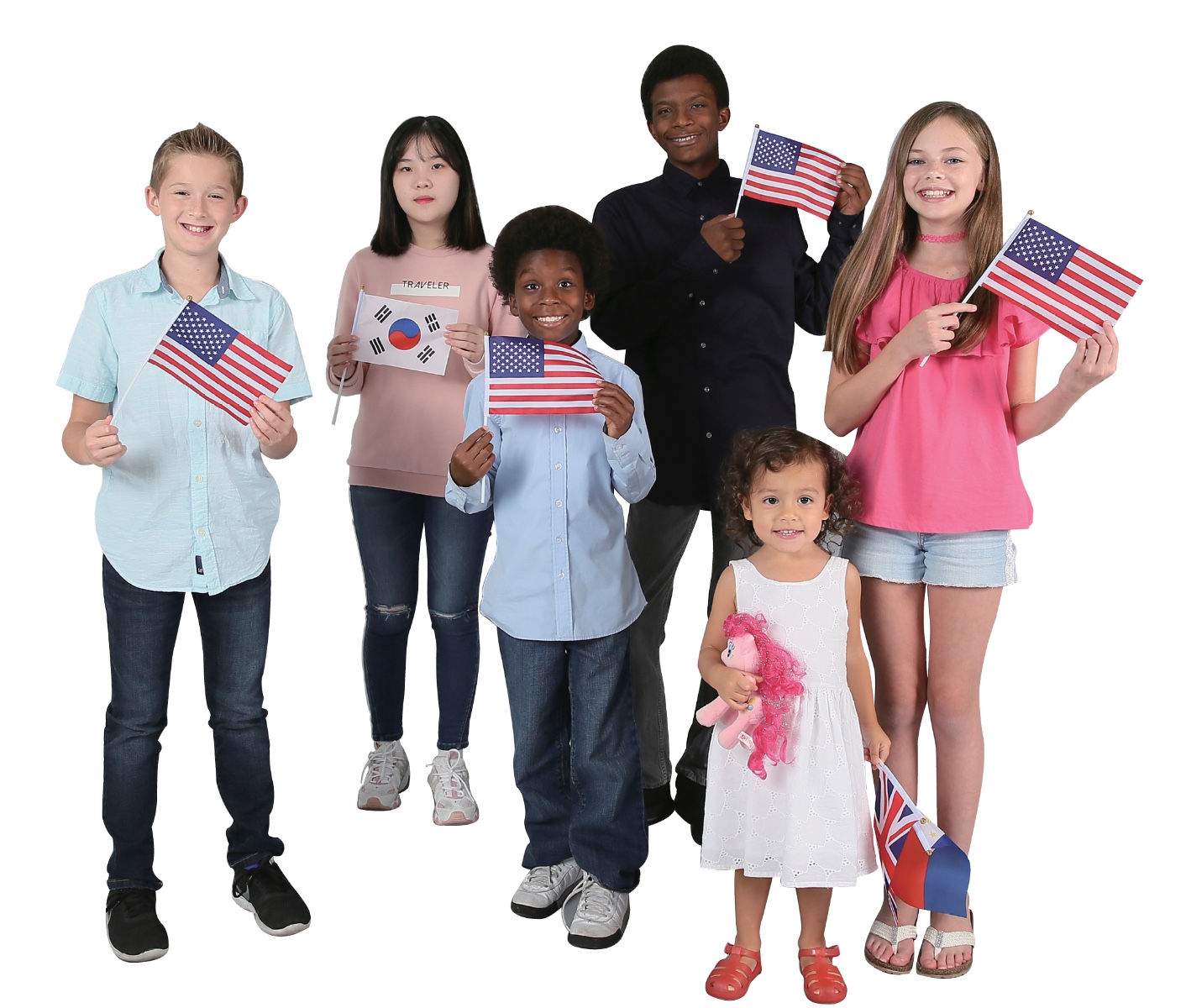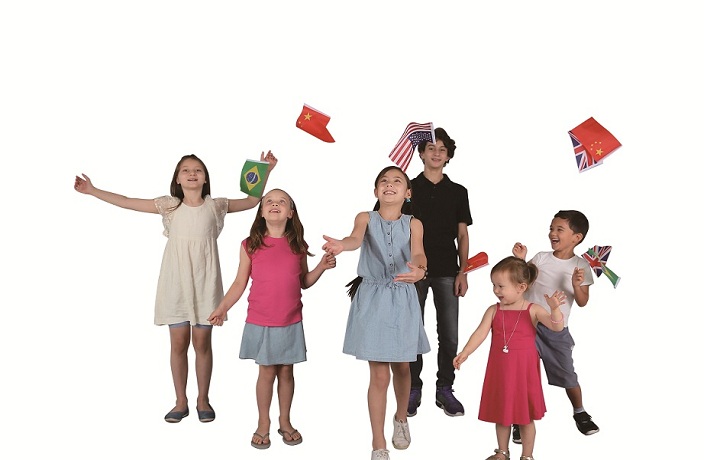"My boys are going to represent Mexico instead of Germany at the international school fair. They just feel more Mexican," my neighbor says to me with a shrug. Annika and her husband Markus Mildner are from Germany, but have lived in Colombia, Mexico and now Shanghai. Their three boys, aged 7 to 12, were born in Mexico City and as Third Culture Kids (TCKs), their wavering identity isn't uncommon. Along with confused loyalties and unfamiliarity with their 'home culture', TCKs can harbor feelings of rootlessness. However the benefits of a such a life, if supported, can far outweigh these feelings and provide an expanded worldview, exposure to languages, cultural sensitivity and adaptability.
We ask a few parents about their challenges when raising TCKs in Shanghai, and their strategies to ensure their children thrive.
Maintaining Languages
A TCK's exposure to languages can be a double-edged sword when trying to maintain fluency and competency. While learning languages in childhood can sharpen thinking skills and contribute to high academic results, unless conscious and concerted efforts are made, multilingual children may find themselves losing fluency in their mother tongue.
For the Mildners, identifying their native language is already a challenge. While Annika and Markus speak native German, for their boys it's Spanish, as they were born in Mexico. "They speak German with an accent or with Spanish grammar, always making mistakes,"says Annika. They address this by speaking German at home, having German-speaking friends and making regular trips to Germany. However, maintaining Spanish is now the challenge in Shanghai, "That's why we will continue to visit our friends in Mexico," Annika explains.
Things are even trickier with trilingual children. "Keeping up Dutch, Chinese and English is one of the biggest challenges," say Hans Hendrickx and Michelle Liu, who are Belgian and Australian-Chinese. The couple speak English to each other, but as their two boys aged 8 and 6 were born in Belgium, "Dutch was their most comfortable language," says Michelle.
Although she spoke Chinese to them from day one, upon moving to an international school in Shanghai, English took over as their first language. "Since then it°Øs been a juggling act to combat this, with various language lessons and tutors to help keep the three languages alive," explains Michelle.
Cultural Roots and the Sense of Belonging
Cultural confusion isn't limited to children of cross-cultural marriages, it can also present itself in Third Culture Kids as they develop a sense of belonging 'everywhere and nowhere' at the same time. As TCKs imbed themselves into different cultures during childhood, they tend to identify most with other TCKs, children with similar backgrounds.
Dominic and Ailan Gates, both Australian, have raised their three children aged 9 to 21 in Malaysia, Singapore and now Shanghai. Now adult TCKs themselves, they believe in a broad international experience while affirming their Australian identity. "Assimilating to your host country and holding on to your national identity can be quite a paradoxical challenge," says Ailan. To manage this, the Gates family try to travel home annually to see family and teach their children what it means to be Australian. "We take them to see iconic Australian sports and barrack for teams, which gives a sense of belonging to a group. Additionally, we try to see more of Australia to strengthen the bond and form a deeper appreciation of their home country," explains Dominic.

Losing Friends
The third challenge parents identified is the endless cycle of friends leaving, an unfortunate feature of expatriate life. Research on TCKs has shown the struggles they face when acknowledging or processing these losses of friendships. This does not apply to all children, but the intensity and speed in which TCK friendships grow is a common phenomenon due to a deeper understanding of each other's life. When the departure of close friends happens repeatedly, managing loss and grief become important.
"At times it's been an emotional rollercoaster saying goodbye to good friends that are like family," say the Gates family. As a result, the family members have all become closer, making a conscious effort to create a happy home environment. "Collecting objects from around the world that reflects their spirit of adventure and fun has provided our children with a sense of security," says Ailan. Getting a dog has also helped with stability and their ayi has been instrumental in maintaining an environment where the children have a 'home base.'
For Vineet and Sarah Arora, a home away from home establishes security. Having lived in Shanghai for seven years with their two boys aged 6 and 8, they visit Sarah's parents in the UK at least once a year. "Even if everything else is changing, they have a sense of 'this is where we go, this is who we see and this is what we do,'" says Sarah. The Aroras make additional efforts to connect with their children's special friends. "It is important for them to feel the relationships have meaning and are sustainable, so we go and see them as much as possible and keep in regular contact through social media."
Mark and Marieke Bloemena from the Netherlands also consciously do this for their children. Having lived overseas for 15 years in the Middle East and Shanghai, raising their three boys aged 12 to 16, they tell me, "The beauty is the children have friends all over the world to visit, but saying goodbye and finding the energy for new friendships is tough and heartbreaking," says Marieke. Therefore, the boys regularly fly overseas alone to see 'very special' friends. "It is not their choice to have this lifestyle, so we like do this for them".

Is the TCK Experience Overall Positive?
Given the above challenges, we ask our interviewees whether the overall TCK experience is worth it. Here’s what they think.
"Yes, definitely. It is what makes our children who they are. When visiting back home, they have so much to share!" – Hans Hendrickx and Michelle Liu.
"Our children are more flexible and have learned to adapt to their new environment quickly. They are more worldly, confident and engaging when meeting new people. They are experiencing a life that most adults would love to – it is definitely a great experience for them!" – Paul and Yoges Harrap
"Exposure to different cultures and growing up with children with different nationalities is a real positive. It leads to open-mindedness and awareness. Their social skills are broadened to mix with different people and operate in multicultural environments." – Vineet and Sarah Arora
"It is definitely very positive as we can already see they consider the world as their home and have a certain ease with accommodating new situations, people and countries." – Markus and Annika Mildner
"Definitely! Our kids have seen more of the world. They have learned different languages with the ability for immersion. They don°Øt have prejudices against other races or cultures. They have a different view of the world compared to children back home." - Elijah and Lidel Freeman.

Worth the Challenge
While the challenges of raising TCKs are by no means insignificant, it is important to remember that they are not the same as liabilities. Armed with the knowledge and understanding of what it means to be a TCK, parents can ensure they get the best out of their amazing and fortunate life. TCKs have a unique perspective of the world and can offer those around them a richer and more diverse understanding, often free of preconception or bias. The added challenge for parents might then be, to help them maintain this perspective into adulthood.

Shirani Alfreds is a Singaporean ATCK raising TCKs in Shanghai. Her blog 'Dragon Mama' is published bi-weekly on the Urban Family website.


















